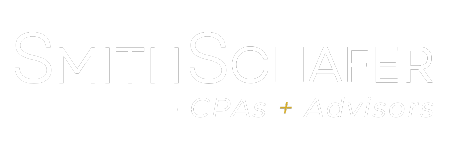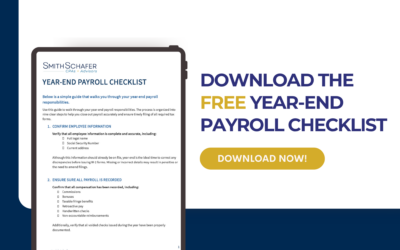What You Should Know about operational compliance When Getting Ready for Your First 401k Audit
Preparing for a 401k plan audit can be tedious, but you can help prepare for a successful audit with the proper knowledge and tools. In part one of this blog series, we focused on fiduciary responsibilities. In this installment, we will discuss the operational compliance of a 401k plan.
If a 401k plan is not being operated under the plan document’s provisions, there will likely be a compliance issue that will need to be corrected.
When setting up a 401k plan, there are many decisions to be made about how the plan will operate. For example, when employees can start participating in the plan and if the company will offer matching contributions. The adoption agreement should document the various provisions that apply to the plan. The overall plan document and the adoption agreement are typically full of legal and financial jargon and can be hard to read if unfamiliar with the terms. Fortunately, most plan providers will condense these documents into a summary plan description that is much easier to read and is required to be provided to your employees.
In addition to the provisions laid out in the plan’s adoption agreement, the plan also needs to comply with IRS and DOL regulations. Note – the majority of the work involved in a 401k audit focuses on these compliance areas.
List of Common Compliance Errors During Plan Audits
- Eligibility of Employees – Most plans have an age and/or length of service requirement that employees must meet to contribute to the plan. Some plans also exclude certain classes of workers, such as union or part-time employees.
- It is important that plan management understands the eligibility requirements of the plan and has a process in place to ensure all eligible employees and only eligible employees are allowed to enroll in the plan.
- To aid in the audit process, management should ensure documentation is available (such as enrollment packets, e-mail, or other communications with employee/participants, etc.) regarding eligibility.
- Incorrect Compensation – The plan adoption agreement will define what compensation is eligible for contributions. The most common definition is W-2 wages, but there can be adjustments for bonuses, tax deferred items, fringe benefits, commissions, and various other items.
- Note – Errors often occur when setting up the payroll system for these items.
- In preparing for an audit, management should review payroll records to ensure employee deferrals are being withheld on the proper types of employee compensation.
- Incorrect Participant Contributions – Many plans allow participants to change their contributions online with no approval needed by plan management. However, the plan sponsor is typically still responsible for the employee’s payroll and withholding. Plan management should have a process for gathering any changes made online and ensuring they are applied to employees’ payroll in a timely manner.
- Not Depositing Funds Timely – This area has become a significant concern for the DOL and a focus of many 401k audits. Timely remittance of contributions is considered a fiduciary responsibility and must follow the DOL regulation that participant contributions be deposited into the plan “as soon as administratively feasible.” These funds belong to the employees and, as such, cannot be used by the plan sponsor. Failure to follow this rule can result in excise taxes and civil penalties under ERISA’s prohibited transaction rules. Before a plan audit, management should review the time between withholding employee deferrals from an employee’s pay (payroll date) and the date the funds were remitted to the plan for all payroll dates to identify outliers from the normal length of remittance time.
- Payouts to Terminated Participants – As noted earlier, employers typically implement a vesting schedule for employer contributions, meaning employees earn the employer contributions over time. When an employee terminates and requests a payout of their account balance, management should ensure the employee is only paid the vested portion of their employer contributions Management should also ensure participant payouts are processed timely and in accordance with all plan provisions.
Even if your 401k plan is not required to have an audit, it is still crucial that your plan is operating in accordance with the plan documents and IRS and DOL regulations. If you have any questions about your company’s compliance or have an employee benefit plan that needs an audit, please contact us at [email protected], and we will assist you.



